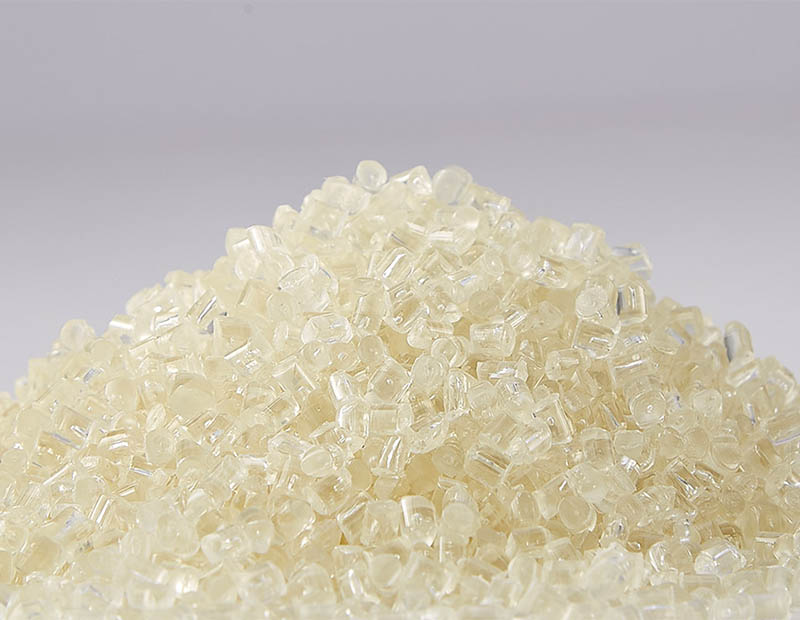PSU polymer, also known as Polysulfone, is a high-performance Engineering Thermoplastic widely used across industries that require exceptional strength, thermal stability, and chemical resistance. As demand for advanced materials increases in sectors such as medical devices, electronics, fluid handling, automotive components, and aerospace engineering, PSU Materials have become a top choice for manufacturers seeking reliability and performance under extreme conditions.

What Is PSU Polymer?
PSU polymer belongs to a family of amorphous, high-temperature thermoplastics known as polysulfones. These materials exhibit natural transparency, outstanding toughness, and excellent dimensional stability, even when exposed to elevated temperatures or repeated sterilization cycles.
Compared with other engineering plastics, material PSU offers a unique combination of clarity, strength, and resistance to hydrolysis—making it ideal for applications involving steam, hot water, and aggressive cleaning processes.
Key Characteristics of Polysulfone (PSU Materials)
1. High Heat Resistance
Polysulfone can withstand continuous use temperatures of 160°C to 180°C, maintaining structural integrity without deformation.
2. Excellent Mechanical Strength
PSU materials deliver superior rigidity, impact resistance, and long-term creep resistance, making them suitable for load-bearing applications.
3. Exceptional Chemical Resistance
PSU polymer resists acids, alkalines, oils, detergents, and many industrial solvents, outperforming many other transparent plastics.
4. Hydrolysis and Steam Resistance
One of its most valuable features is its ability to endure repeated steam sterilization, which is why polysulfone is often used in medical and laboratory devices.
5. Natural Transparency
PSU materials are naturally amber-colored and transparent, making them ideal for applications that require visual monitoring of fluid flow.
Applications of Polysulfone and PSU Polymer
PSU polymer’s performance qualities enable its use across diverse industries:
Medical and Laboratory Equipment
Sterilizable trays
Surgical instrument housings
Dental and medical device components
Filtration housings
Water Treatment and Fluid Handling
Valve components
Pump parts
Flow meter housings
Hot water fittings
Electronics and Electrical Systems
Insulation parts
Connectors
High-temperature switches
Automotive and Aerospace
Under-hood components
Lightweight structural parts
High-temperature connectors
Polysulfone PSU Rods
For machining, shaping, and custom fabrication, polysulfone PSU rods are widely used in precision engineering.
These rods offer:
Stable machining performance
Excellent dimensional accuracy
Resistance to cracking and deformation
Suitability for CNC machining, turning, and milling
Engineers often choose PSU rods when they need a combination of heat resistance, clarity, and durability that standard plastics cannot achieve.
Choosing a Reliable Polysulfone Plastic Supplier
Working with a professional polysulfone plastic supplier ensures consistent quality, steady supply, and access to customized sizes, including sheets, rods, blocks, and molded components. A qualified supplier typically provides:
Industrial-grade PSU polymer
High-purity PSU materials for medical or food applications
Custom processing, cutting, and machining services
Technical support for selecting the right material PSU grade
Reliable suppliers also ensure compliance with global standards such as FDA, ISO, and RoHS, making the materials suitable for regulated industries.
PSU polymer—widely recognized as polysulfone—is a versatile and high-performance engineering material that excels in demanding environments requiring thermal stability, mechanical strength, and chemical resistance. Whether used in polysulfone PSU rods, medical equipment, or fluid handling systems, material PSU continues to play a vital role in modern industrial manufacturing.
Choosing the right polysulfone plastic supplier is crucial for ensuring consistent performance, safety, and long-term reliability in your applications.






